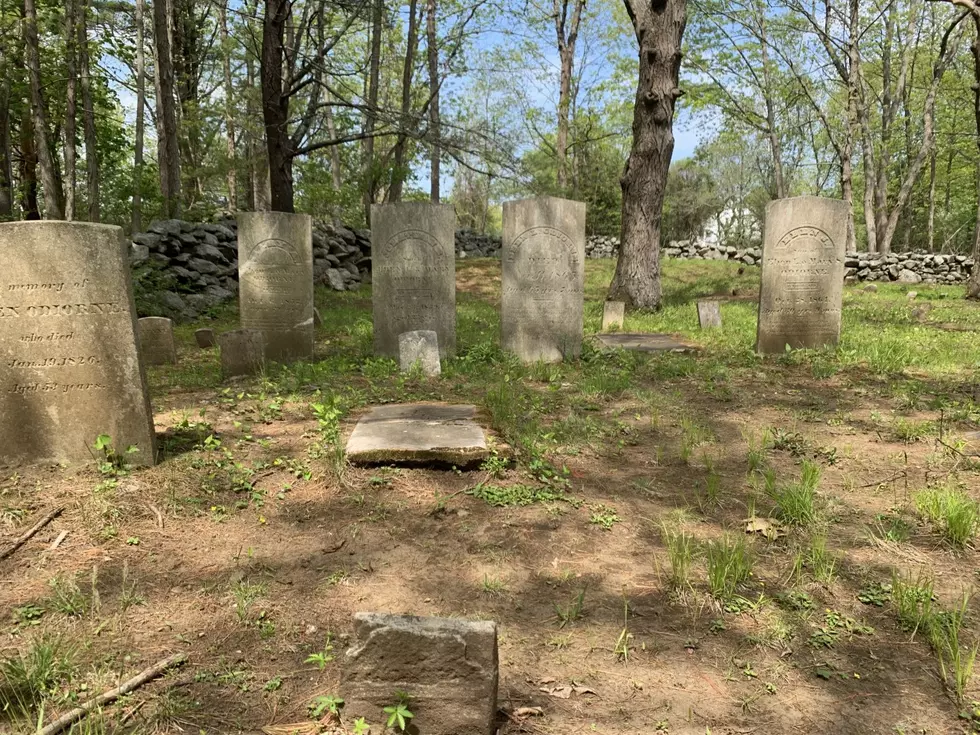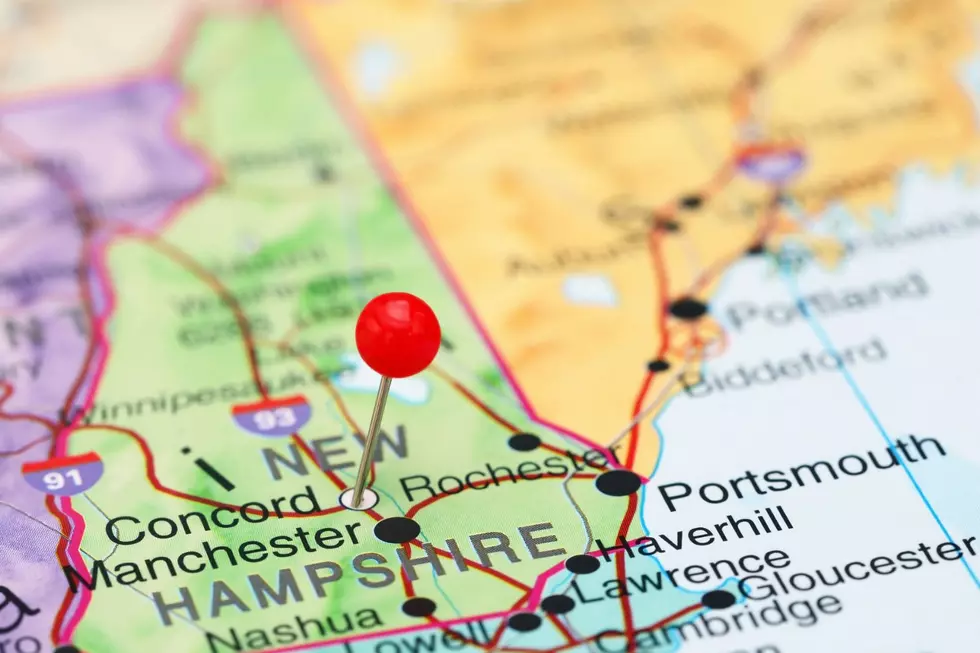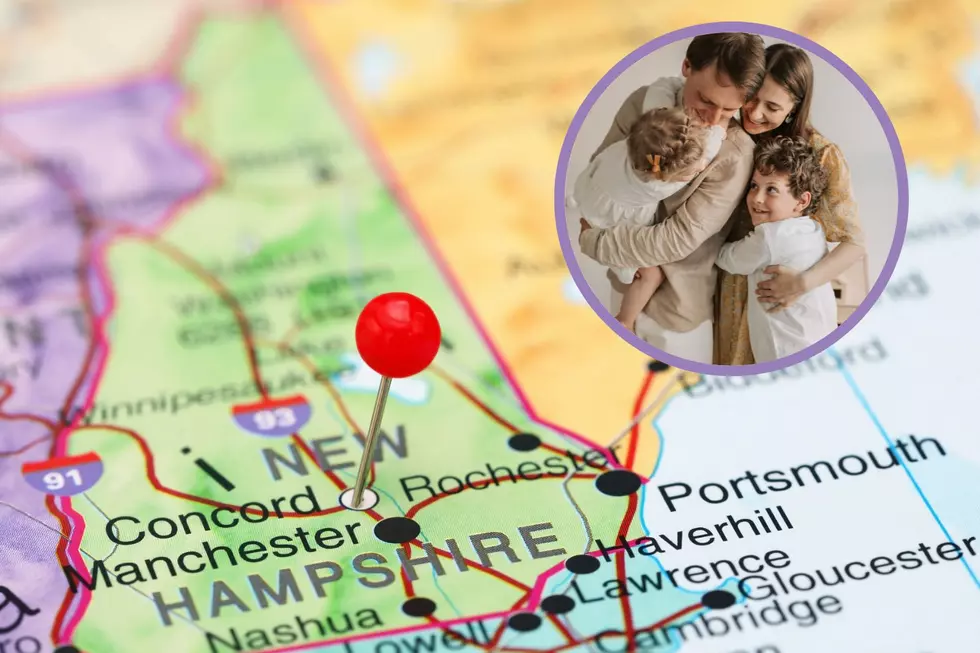
4 Seacoast Beaches Test for High Bacteria, Including 2 in Rye, New Hampshire
💧Four beaches tested at a high level for fecal bacteria
💧The beaches are open, but swimming is not advised
💧More testing at some of the beaches is expected Friday
Two beaches in Rye, plus two more in Kingston and New Castle, are not the places to escape the heat on Friday.
According to Town Administrator Matthew Scruton, the town was notified Thursday about two beaches, Wallis Sands Beach (Pirate's Cove) and Parsons Creek, testing for elevated levels of bacteria. The state conducted the test at Wallis Sands, while the Parsons Creek test was done privately.
The state's map indicates it is specifically under a fecal bacteria advisory.
Signs are posted by the town at both locations, advising visitors that the water potentially poses health risks including nausea, vomiting, diarrhea, and fever.
The water at Wallis Sands will be sampled again on Friday, with the result available Saturday, according to Scruton.
The routine samples taken at Parsons Creek on June 27 came back with historically high levels of bacteria at several of the testing sites on Wallis Road at the bridge, as well as the beach access located closest to Concord Point. New sampling has not yet been scheduled.
Kingston State Park Beach and New Castle Town Beach are under the same advisory.
Where is the Bacteria Coming From?
The EPA said possible sources of fecal bacteria include leaking septic systems, stormwater runoff, sewage discharged or dumped from recreational boats, domestic animal and wildlife waste, improper land application of manure or sewage, and runoff from manure storage areas, pastures, rangelands, and feedlots.
There are also natural, non-fecal sources of fecal indicator bacteria – including plants, sand, soil, and sediments – that contribute to a certain background level in ambient waters and vary based on local environmental and meteorological conditions.
Contact reporter Dan Alexander at Dan.Alexander@townsquaremedia.com or via Twitter @DanAlexanderNH
Meet Townsquare Media Portland, Augusta and Portsmouth Contributors
More From Seacoast Current








